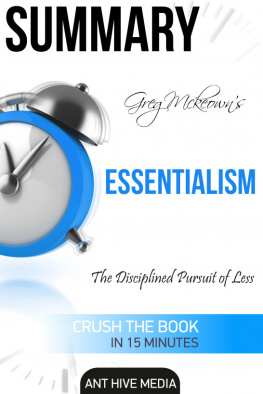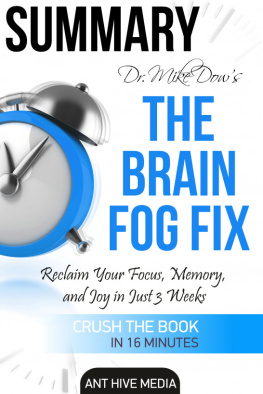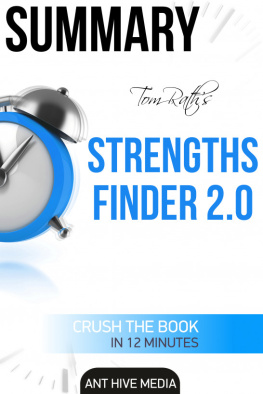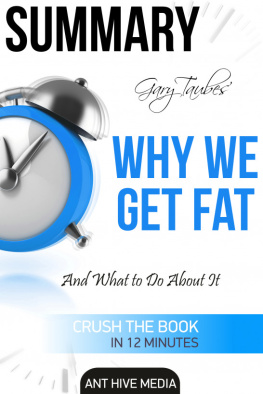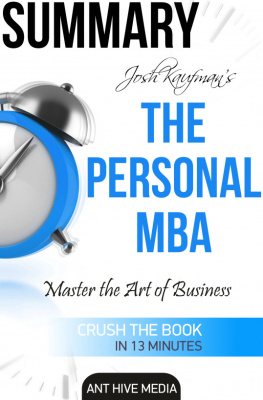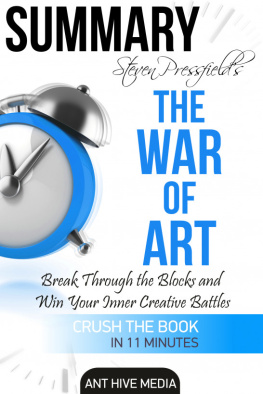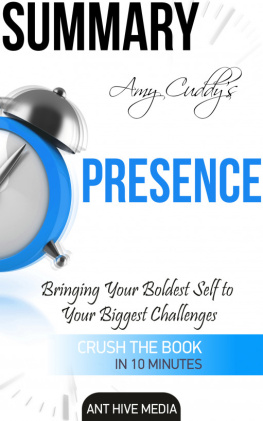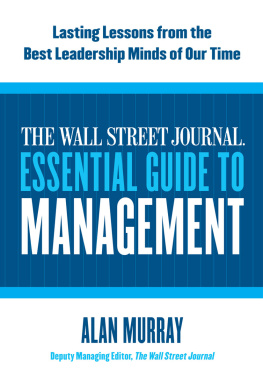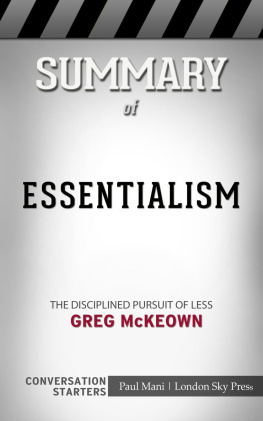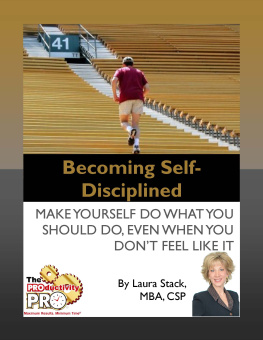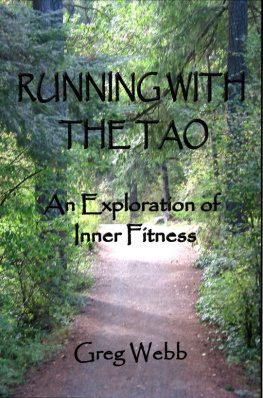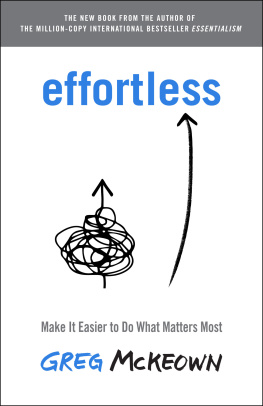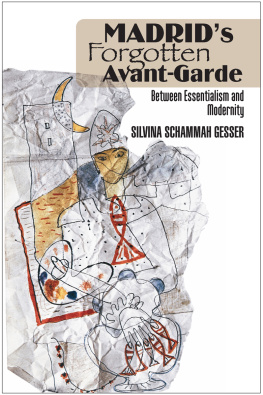Greg McKeowns
Essentialism
The Disciplined Pursuit of Less
Summary by Ant Hive Media

Visit:
www.anthivemedia.com/freesummaries
to receive your pack of (5) e-booksummaries
FREE!
Check us out on Instagram:
www.instagram.com/anthivemedia/
Follow along on Facebook:
www.facebook.com/AntHiveMediaSocial
Please Note
This is a Summary of the original book. AntHive Media reads every chapter, extracts the understanding andleaves you with a new perspective and time to spare. We do the workso you can understand the book in minutes, not hours.
Smashwords Edition License Notes
This eBook is licensed for your personalenjoyment only. This eBook may not be re-sold or given away toother people. If you would like to share this book with anotherperson, please purchase an additional copy for each recipient. Ifyoure reading this book and did not purchase it, or it was notpurchased for your enjoyment only, then please return toSmashwords.com or your favorite retailer and purchase your owncopy. Thank you for respecting the hard work of this author.
Copyright 2016 by Ant Hive Media.
All rights reserved worldwide. No part ofthis publication may be reproduced or transmitted in any formwithout the prior written consent of the publisher
Disclaimer:
The fact that an individual or organizationis referred to in this document as a citation or source ofinformation does not imply that the author or publisher endorsesthe information that the individual or organization provided. Thisconcise summary is not intended to be used without reference to theoriginal book.
A Gift for You
As a way of saying thank you we want to
offer you a pack of (5) e-book summariesFREE!
Available Here:
www.anthivemedia.com/freesummaries

About Essentialism:
The Disciplined Pursuit of Less
Essentialism: The Disciplined Pursuit ofLess offers a manual that helps the readers intentionally andultimately focus on a very few priorities in their life that arereally meaningful and remove those that are non-essentials. We allcontinue saying yes to more opportunities and projects that comeour way, even though we are not sure any of them are important oressential to our lives and we are already over-committed todeadlines and projects that may in fact be non-essentials. Theessentialists must ask themselves whether these projects areimportant or essential before making any type of commitment ortaking on responsibility if they want to live a life that ismeaningful. The intent of this book is to show you why you shoulddo this and how to do it.
This book youre currently reading at themoment is a supplement and not a substitute for Essentialism: TheDisciplined Pursuit of Less. It is recommended that you use it as aquick refresher. Brush up on the main principles of McKeowns bookto reinforce your knowledge and understanding of this material withthe analysis, discussion questions, and additional resourcesprovided.
About Greg McKeown
Greg McKeown, who holds an MBA fromStanford University, is a bestselling speaker and author and anexpert on the importance of living as an Essentialist. He is theco-creator of the course, Designing Life, Essentially at StanfordUniversity and collaborated on the Wall Street Journal bestsellerMultipliers. He also serves as a Young Leader on a global scale forthe World Economic Forum and has spoken at several companiesincluding Google, Apple, Facebook, Salesforce.com, LinkedIn,Symantec and Twitter. Visit his website at www.gregmckeown.com.
Essentialism Is
Constantly being active or being productiveall the time; Taking action when confronted with an opportunity,never saying no; Attempting to be a part of everything and tryeverything and finding many more things to do; Trying to work ourway through a never-ending list.
We keep on trying to produce more and more.This kind of lifestyle is futile, only serving to create stress.The result is unhappiness when we are confronted with the fact thatwe are unable to sustain it.
Constantly wanting more possessions, rewardsand activities is keeping us from moving forward in our lives.Constantly pursuing more of everything has now become a way of lifeand part of our culture. We have become undisciplined and obsessedby the next thing we wish to attain. Most of this is due to smartphones, social media and the age of consumerism we are livingin.
Essentialism can help us change our way ofthinking. Changing our habits is not the solution. Essentialismwill help us to be more aware of the difference between ourinternal voice and external noise. Essentialism is a lifestyle thatteaches us to remove the non-essential things from our life, thusdecreasing the overwhelming need for constant productivity, timemanagement and prioritizing.
Why Choose Essentialism?
Manywould say that living the essentialism lifestyle is unrealistic andimpractical, but any individual can follow this philosophy. Livingintentionally with only what you really require is the essentialistphilosophy. It is doing away with commitments you don't want, badrelationships, consumerism and clutter. The essentialist hasdecreased stress by slowing down and consuming less, while trulyenjoying it.
Removing all distractions and promoting whatis most valuable to us is the core of essentialism. By forcingintentionality we force improvements that affect all areas of ourlife. You have to wonder about the type of improvements thisbrings? They will be discussed as we move along, however choosingthis lifestyle means you will experience more freedom, time, moneyand a decrease in stress. If this sounds interesting, keep onreading!
Core Concepts:
1. Essentialism is living intentionally withonly those things that are essential needs.
2. Essentialism helps you to do away withdistractions that are unnecessary and keeps you from your purposeand living according to your true values.
3. Adopting the essentialist lifestyle willdecrease your stress and increase your time, freedom and money.
Why Most Things Arent Important
Society dictates that it is better to have moreand we have been brainwashed to believe this. New fashion orgadgets allow us to feel a temporary high, increase our status orbring improvement to our lives when we first buy them. We are toldto replace our perfectly good vehicle every two years with a newerone and update our phones with the latest and newest model whichwill impress our neighbors and friends.
We attempt to maintain our image with the'Joneses' even though they will most likely be replaced by acelebrity. Our culture is obsessed with fame and many try tomaintain multimillionaire celebrity lifestyles even though theirincome cannot compare. Our society has a completely wrongconcept.
Acquiring more expensive or better qualitystuff will not ensure our happiness in the long-term, even thoughwe initially feel excited and satisfied when we first get these.The novelty wears off and we soon begin looking for somethingnew.
Research reveals that it is intangibles suchas building strong relationships, experiencing something new andliving according to our own personal value systems that make ustruly happy. We focus on non-essentials that do not give us lastinghappiness. Things do matter; it's just the focus that needs toshift.

